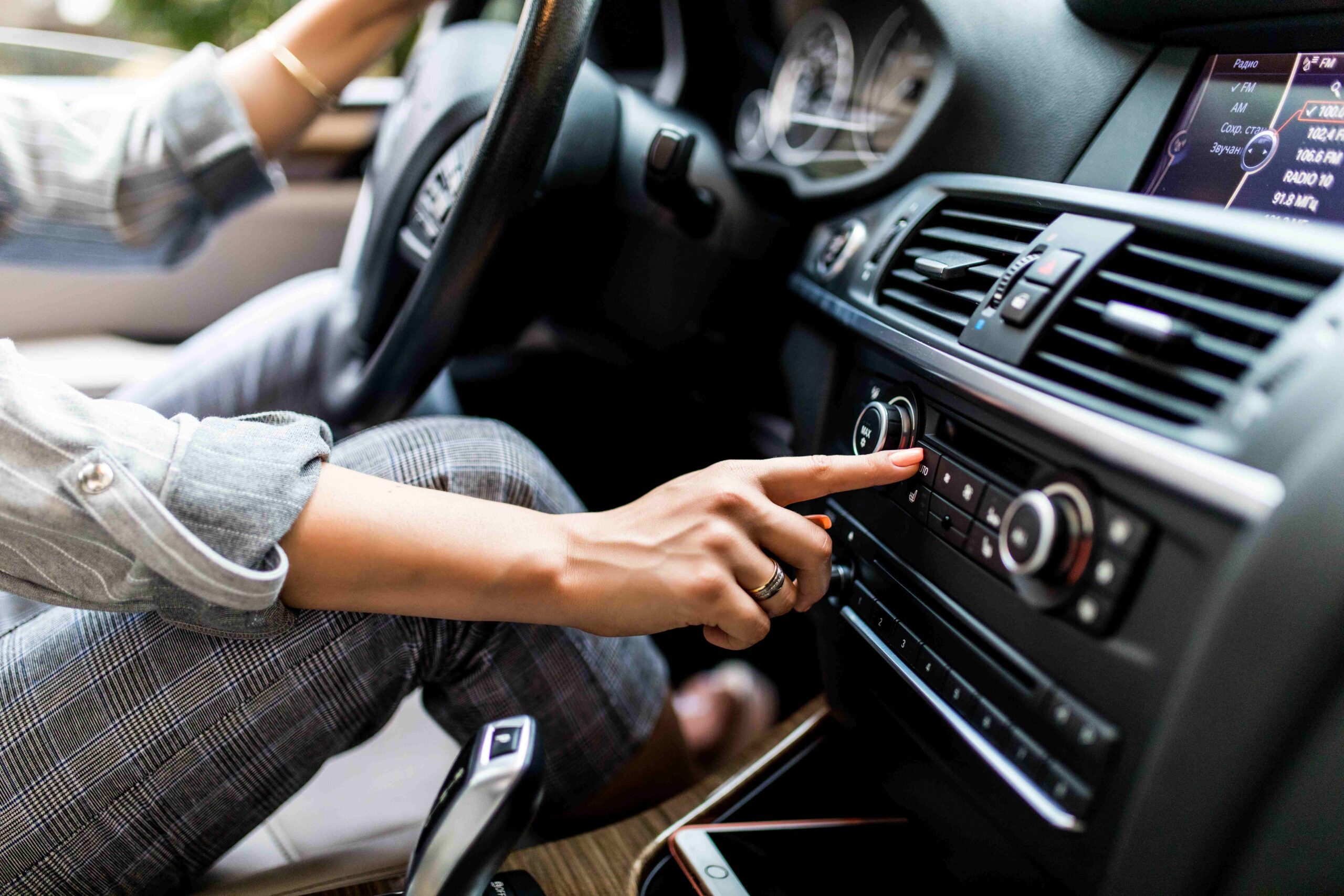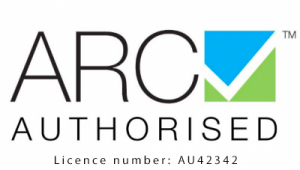The Difference Between Torque and Power
Many drivers hear the terms torque and power but don’t fully understand what they mean or how they impact vehicle performance. Knowing the difference between torque and power is essential when comparing vehicles, especially for acceleration, towing, or high-speed driving. Let’s break down these concepts in simple terms.
What Is Torque?
In basic physics, torque equals force multiplied by distance. In automotive terms, torque is the rotational force an engine generates to turn the wheels.
The standard metric unit is Newton-meters (Nm):
-
Newtons (N) represent force
-
Meters (m) represent the distance from the rotation point (like the crankshaft)
In an internal combustion engine, torque is created when pressure pushes the pistons down, and that force is transferred through the crankshaft. The greater the cylinder pressure and longer the crankshaft throw, the more torque the engine produces. This matters most for pulling heavy loads and initial acceleration.
What Is Power?
Power is a measure of how quickly work is done. In automotive terms, power is calculated as:
Power = Torque × Engine RPM
The more torque and the higher the RPM (engine speed), the greater the power output. Power is expressed in kilowatts (kW) in metric units and reflects the vehicle’s ability to maintain speed and accelerate over time.
For example, drag racers use power, vehicle weight, and other variables to estimate quarter-mile times—because power determines how fast a car can cover a set distance.
How Torque and Power Work Together
While torque and power are different, they are interdependent. Torque gives you that initial “push” off the line, while power helps you accelerate quickly and sustain high speeds.
-
A high-torque engine is great for towing or low-speed strength (like 4WDs and trucks)
-
A high-power engine is ideal for sports cars and highway performance
Think of torque as the “muscle” and power as the “speed.”
Final Thoughts
Understanding the difference between torque and power helps you make better choices when buying or evaluating vehicles. Torque gives you strength, power gives you speed—and together, they define how your car performs under real-world conditions.
If you’re unsure which matters more for your driving needs, talk to a qualified mechanic or performance expert who can guide you based on your lifestyle and vehicle goals.








